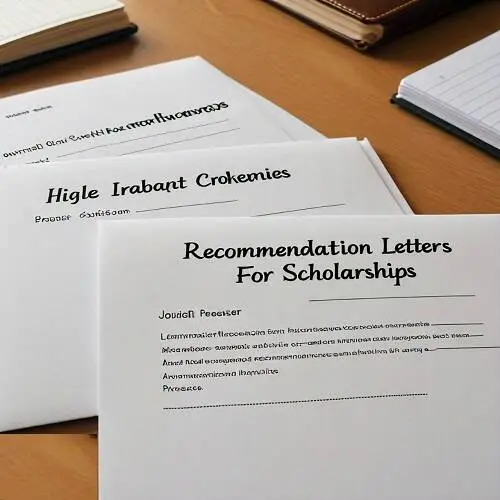After successfully navigating the application process, being invited to a scholarship interview is an exciting yet nerve-wracking step. . Apply for Fully Funded Scholarships Here.
This is your opportunity to make a lasting impression and demonstrate why you deserve the scholarship. To help you prepare and perform your best, here are key tips and strategies to ace your scholarship interview and move closer to securing that fully funded opportunity.
Understand the Purpose of the Interview
What the Interviewers Are Looking For
The scholarship interview is about more than your grades. Interviewers want to understand you as a person—your goals, values, and how you’ll contribute to the community. Knowing this helps you highlight the qualities they’re interested in.
Pro Tip: Review the scholarship’s mission statement before your interview. Think about how your goals match theirs and be ready to discuss this.
Research the Scholarship Provider
Why Knowing the Provider Matters
Understanding the organization offering the scholarship is essential. Learn about their history, mission, and recent news. This helps you answer questions better and shows you’re genuinely interested.
Pro Tip: Mention specific aspects of the organization’s work that resonate with you. This shows you’ve done your research and are serious about the opportunity.
Practice Common Interview Questions
Common Questions to Prepare For
You can’t predict every question, but some are frequently asked. Practice answering questions like:
- “Tell us about yourself.”
- “Why do you deserve this scholarship?”
- “What are your academic and career goals?”
- “Describe a challenge you’ve faced and how you overcame it.”
- “How will you contribute to our academic community?”
Pro Tip: Practice your answers out loud to build confidence and comfort.
Prepare Your Own Questions
Questions to Ask the Interviewers
At the end of the interview, you’ll likely have a chance to ask questions. Prepare thoughtful questions such as:
- “Can you tell me more about opportunities for scholarship recipients to engage with the organization?”
- “What qualities do successful scholarship recipients have?”
- “How does the organization support the professional development of its scholars?”
Pro Tip: Ask questions that show your interest and understanding of the scholarship, rather than ones easily answered by the website.
Dress Appropriately and Be Punctual
Making a Good First Impression
Dress professionally to reflect the seriousness of the interview. For virtual interviews, choose a quiet, well-lit spot with a neutral background. Test your technology beforehand and log in a few minutes early.
Pro Tip: Dressing professionally from head to toe, even for online interviews, can boost your confidence.
Be Honest and Authentic
The Importance of Authenticity
Be genuine in your responses. It’s better to be honest about your achievements and challenges than to present a perfect but unrealistic version of yourself.
Pro Tip: If you don’t know the answer to a question, admit it. You can say, “That’s a great question. I need to think more about it, but here’s what I know so far…”
Use the STAR Method for Behavioral Questions
How to Answer Behavioral Questions
Behavioral questions are common. Use the STAR method to structure your answers:
- Situation: Describe the context or background.
- Task: Explain the challenge you faced.
- Action: Detail the steps you took.
- Result: Share the outcome and what you learned.
Pro Tip: Prepare a few STAR stories that highlight your skills and experiences.
Stay Calm and Composed
Managing Interview Nerves
Feeling nervous is normal. Stay calm by taking deep breaths, listening carefully to each question, and taking a moment to think before you answer. It’s okay to ask for clarification if needed.
Pro Tip: Practice deep breathing or mindfulness before the interview to reduce anxiety and stay focused.
Highlight Your Unique Qualities
Show What Makes You Unique
The interview is your chance to stand out. Emphasize what makes you different—whether it’s a passion for a subject, commitment to community service, or personal achievements.
Pro Tip: Share personal stories that illustrate your character and dedication. These can make a strong impact.
Follow Up with a Thank-You Note
Showing Appreciation
After the interview, send a thank-you email. Express your gratitude for the opportunity and reiterate your enthusiasm for the scholarship. This small gesture can leave a positive impression.
Pro Tip: Mention something specific from the interview in your thank-you note to make it more personal and show you were engaged.



